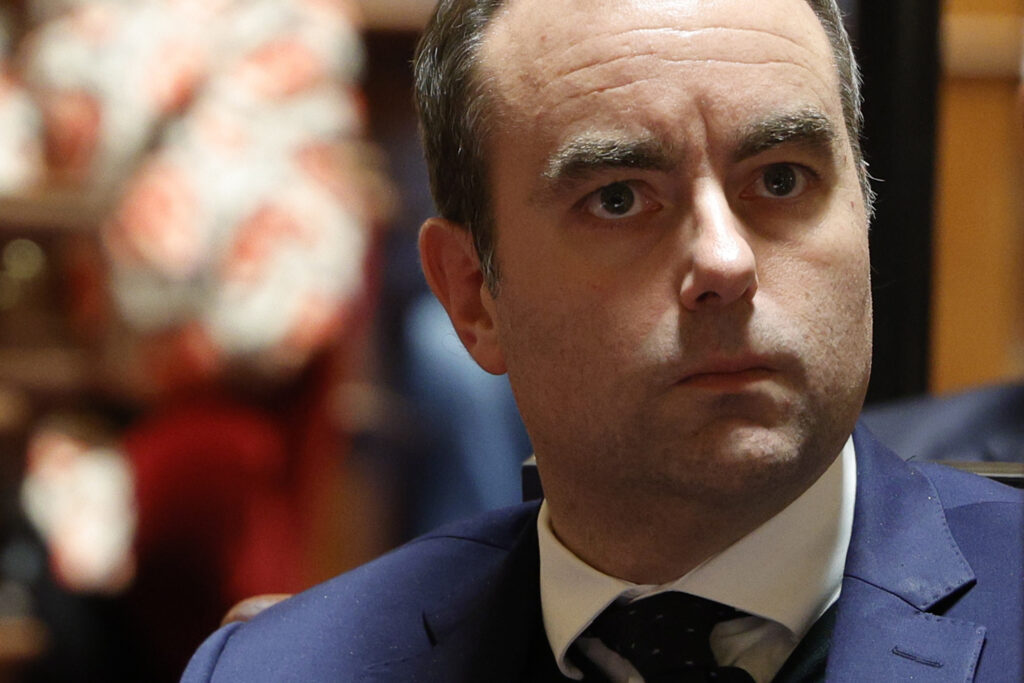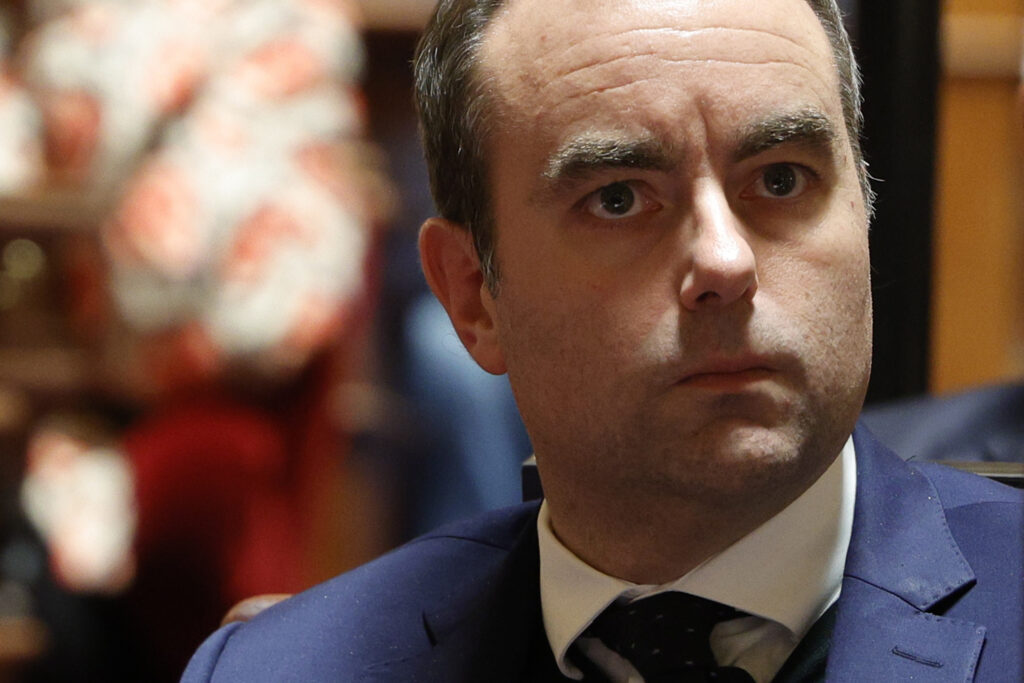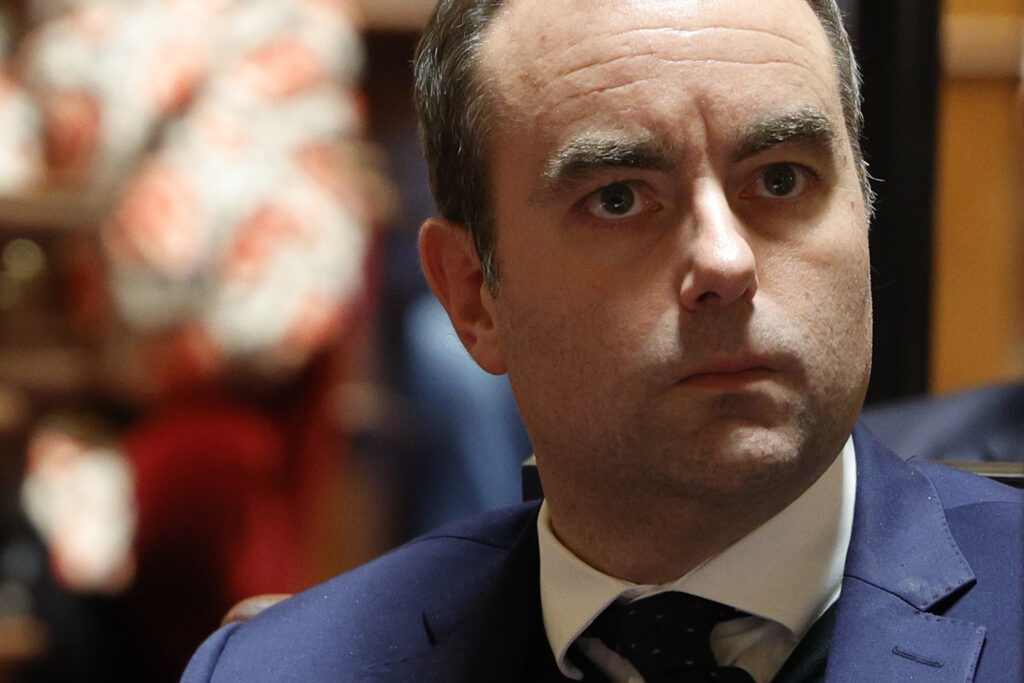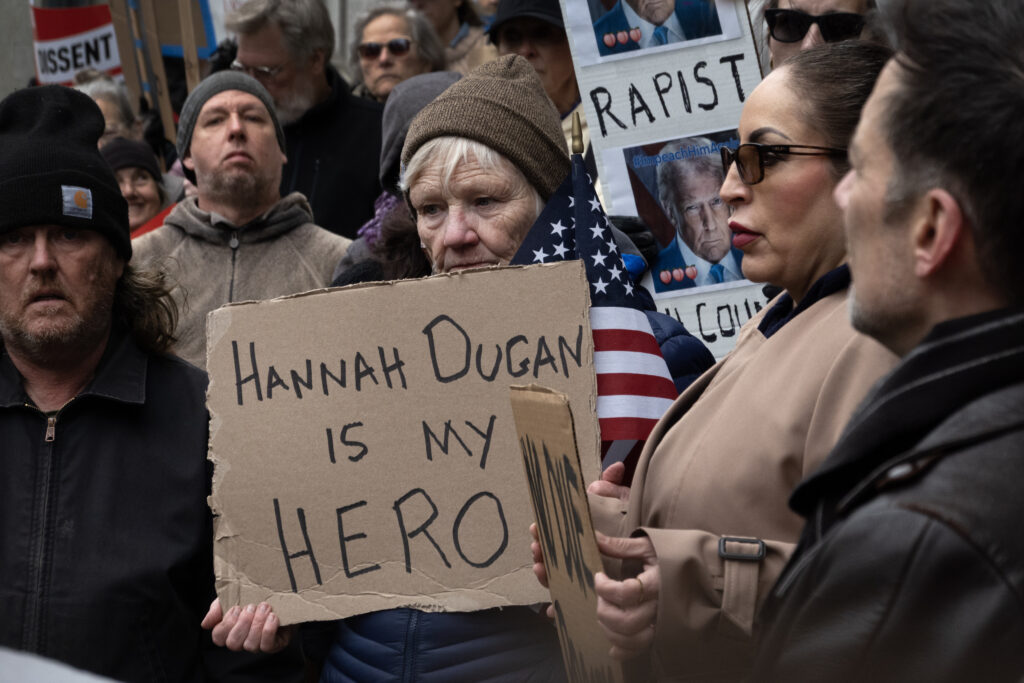Le budget adopté au Sénat, place aux tractations lors d’une semaine décisive
Le projet de budget de l’Etat 2026 a été adopté lundi par le Sénat, donnant le coup d’envoi d’une semaine d’intenses tractations pour le Premier ministre Sébastien Lecornu, toujours convaincu de pouvoir aboutir à un compromis au Parlement avant le 31 décembre malgré de grandes incertitudes.Après une vingtaine de jours et de nuits de débats, les sénateurs ont voté par 187 voix contre 109 un projet de loi de finances (PLF) pour 2026 nettement remanié par la majorité sénatoriale, une alliance entre la droite et les centristes. L’Assemblée nationale n’ayant pas pu s’accorder sur ce texte, la copie des sénateurs sera la base des discussions en commission mixte paritaire (CMP), qui doit réunir vendredi sept députés et sept sénateurs chargés de trouver un accord sur ce si sensible budget. S’ils n’y parviennent pas, il faudra probablement poursuivre les débats budgétaires en janvier, et voter d’ici là une loi spéciale pour permettre la continuité de l’Etat.La semaine est donc décisive pour le chef du gouvernement, qui a promis une nouvelle méthode au début de l’automne pour faire adopter les budgets sans recourir au 49.3, malgré son absence de majorité à l’Assemblée nationale, et s’en tient pour l’instant à cette ligne.Le pari est presque réussi sur le budget de la Sécurité sociale, adopté à l’Assemblée nationale la semaine passée à une courte majorité. Un ultime vote des députés est prévu mardi après-midi sur ce texte qui accorde de nombreuses concessions à la gauche.- Déficit à 5,3% -Mais l’attention du gouvernement est focalisée sur le PLF et la CMP à venir, à l’issue très incertaine. Ce conciliabule réuni à l’Assemblée aura du travail pour atteindre l’objectif du gouvernement de ramener le déficit public sous les 5% du PIB en 2026: dans l’état actuel des discussions, la copie est à 5,3%, contre 5,4% en 2025, a annoncé le gouvernement devant les sénateurs.Ce chiffrage tire notamment les conséquences du compromis trouvé sur le budget de la Sécurité sociale, qui ponctionne plusieurs milliards d’euros au budget de l’Etat. Mais également des votes du Sénat, qui s’est opposé à de nombreux prélèvements nouveaux comme la surtaxe sur les bénéfices des grandes entreprises, qui devait rapporter quatre milliards d’euros.”Il faut qu’on trouve une manière de se sortir de cette ornière (…) Je suis persuadé qu’on peut le faire, mais on va avoir besoin des efforts de tout le monde”, a lancé le ministre de l’Economie Roland Lescure, jugeant “inacceptable” un déficit final à 5,3% et appelant le Sénat à “faire des concessions”.La droite se dit prête au compromis, mais pas à n’importe quel prix. “Nous ne pourrons pas apporter nos voix à une CMP qui viendrait augmenter la pression fiscale”, a lancé la sénatrice Les Républicains Christine Lavarde, fustigeant une copie gouvernementale initiale “ni responsable ni digne de confiance”.La position ferme de LR et de son patron Bruno Retailleau, voix prépondérante au Sénat, se heurte actuellement aux demandes des socialistes, en quête d’une concession sur la taxation des entreprises ou des hauts patrimoines. “La droite sénatoriale a +karchérisé+ les apports de l’Assemblée nationale. Ce n’est pas avec cela qu’on réussira à aboutir à un accord”, s’est désolé le président des sénateurs socialistes, Patrick Kanner.- Equation insoluble -En CMP, l’ancien socle commun sera majoritaire, ce qui pourrait présager, en théorie, d’un accord possible. Mais cela ne servira à rien si le texte de compromis n’est pas ensuite adopté la semaine prochaine au Palais Bourbon.Equation quasiment insoluble, alors que les socialistes promettent au mieux de s’abstenir et que les écologistes devraient voter contre, selon leur cheffe Marine Tondelier.”Il faut que cette séquence budgétaire s’arrête. Si le compromis est possible, alors il faut qu’il ait lieu maintenant”, veut croire auprès de l’AFP un négociateur du PS, plutôt optimiste.De nombreux responsables plaident pour le retour du 49.3, comme l’ancienne Première ministre, Elisabeth Borne, et le président du Sénat, Gérard Larcher. Mais cela ne permettrait pas au Premier ministre de faire l’économie d’un accord avec le PS. “Si le gouvernement l’utilise sans compromis préalable, il s’expose à une censure immédiate”, a prévenu le patron des socialistes, Olivier Faure.La porte-parole du gouvernement, Maud Bregeon, a quoi qu’il en soit de nouveau écarté cette piste dimanche.





